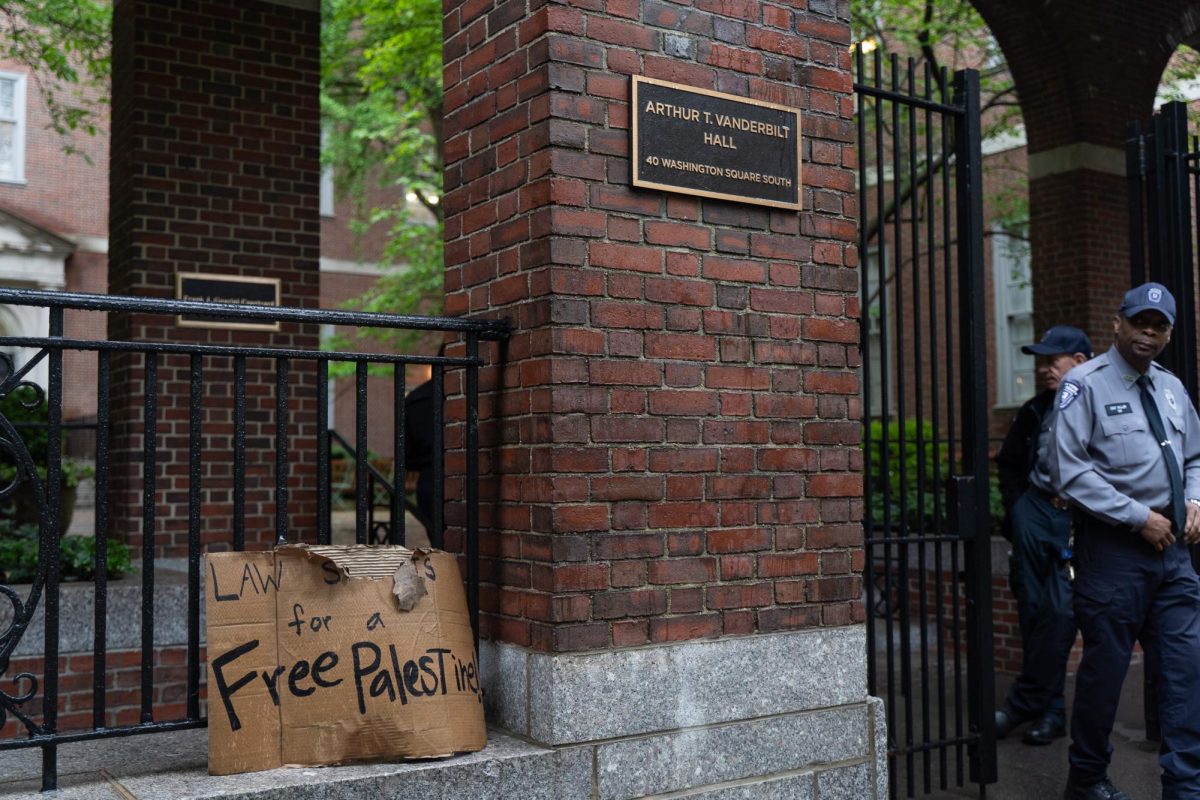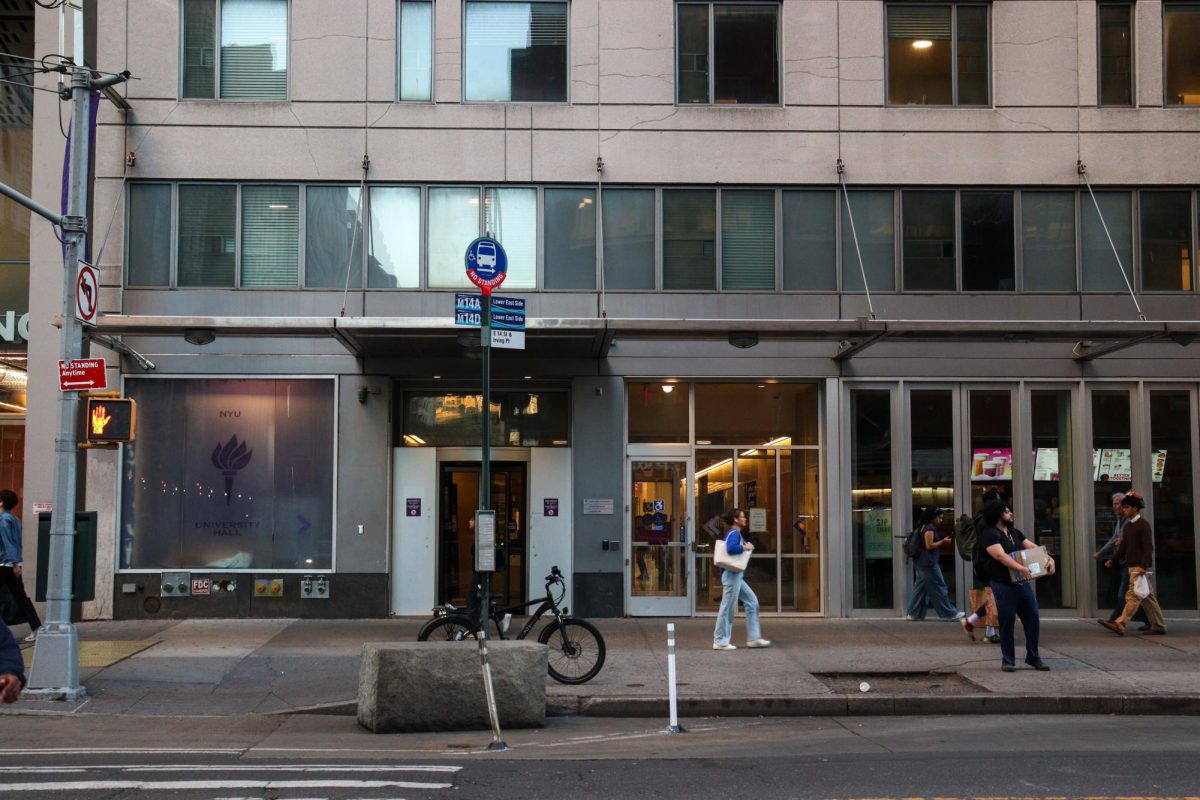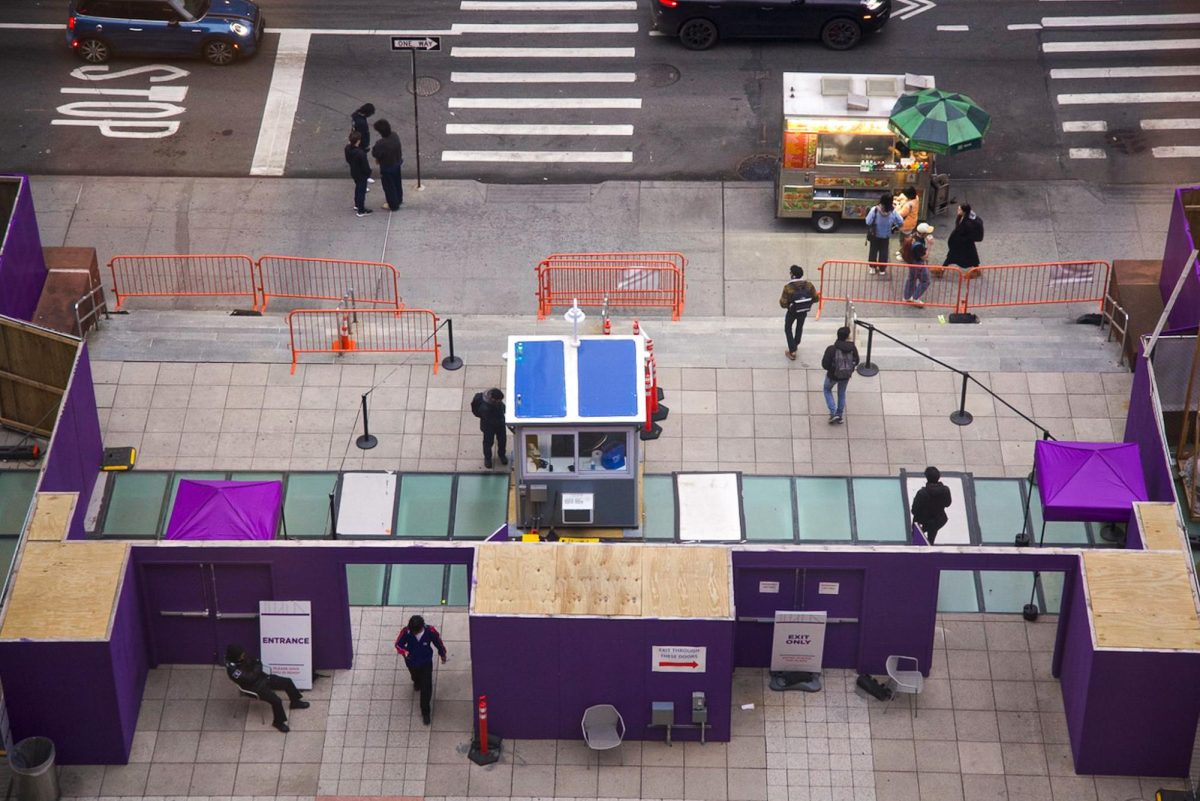Gaza is beautiful. It is oftentimes difficult to believe that when all anyone far from the region, and especially in the Western world, ever sees is images and news coverage of settler-colonial violence, famine and brutality — and this didn’t all start two years ago. This is, in fact, part of a decades-long, poorly informed perception of Palestine as a whole. The Palestinians of Gaza, despite constantly being reported as mere numbers amid genocide, are high-spirited and proud of their land, their ocean and their community. Palestinian filmmaker Kamal Aljafari succeeded in documenting that fact in his latest film, “With Hasan in Gaza.”
Aljafari’s documentary, which made its New York City premiere at the 63rd New York Film Festival on Sunday, follows the director as he searches for someone he met in a juvenile prison years prior. He filmed his journey on a MiniDV camera in 2001, which sat forgotten for nearly 25 years. In the time since, Aljafari directed several experimental films outlining the experience of a Palestinian in exile — but “With Hasan in Gaza” may very well be the first thing he ever filmed. Aljafari is accompanied by Hasan, his host for the trip, who shows him his daily routine as they search for his friend. What transpires is a breathtakingly human document that exceeds mere narrative and cuts through the soul.
The film captures children as they fish by the sea, jumping with joy at the prospect of being on camera. Aljafari encounters street vendors and endearing locals, each of whom have their own stories to tell and tedious problems to deal with. As he walks along the beach, the sounds of children playing by the water overwhelm the screen and momentarily drown out the weight of history that clings to the land. Footage of Palestinian youth organizing into political resistance remind both Aljafari and the audience of the longstanding grip of Israeli occupation on Palestinian life, but the film does not dwell solely on that reality. These vignettes — spontaneous, raw and unpolished — draw viewers into the daily pulse of Gaza in a way that neither romanticizes or politicizes. Instead, what emerges is a deeply intimate portrait of a place often reduced to rubble and statistics.
The film acts essentially as a diary entry for Aljafari — one that remained unopened and nearly forgotten for two decades. There is a palpable sense of nostalgia, both personal and national, as he retraces old steps and faces that may no longer be around. It’s a film about memory — collective and individual — and how both are eroded and reconstructed over time. Through the grainy footage and meandering pace, Aljafari invites the audience to reflect with him and witness dreamlike moments, before siege, blockade and immense loss obscure it all.
Despite not achieving his goal by the end of the film, what Aljafari found and subsequently documented was, if anything, more valuable — he found community, friendship and life. He let his surrounding circumstances lead the way, relinquishing control over narrative resolution in favor of lived experience. The absence of a concrete ending is not a flaw, but a testament to the reality of the Palestinian experience. It is one marked not by closure, but by continuation, resistance and steadfastness. In choosing to dwell on the ordinary, Aljafari asserts that Palestinian life is not only about suffering, but about joy, connection and resilience.
The ongoing genocide in Gaza demands global attention, notwithstanding stalled political resolutions. But focusing solely on destruction risks flattening an entire people into symbols of tragedy. What Aljafari offers instead in “With Hasan in Gaza” is a necessary act of restoration — a portrait of life, not just loss.
Contact Yezen Saadah at [email protected].





















































































































































